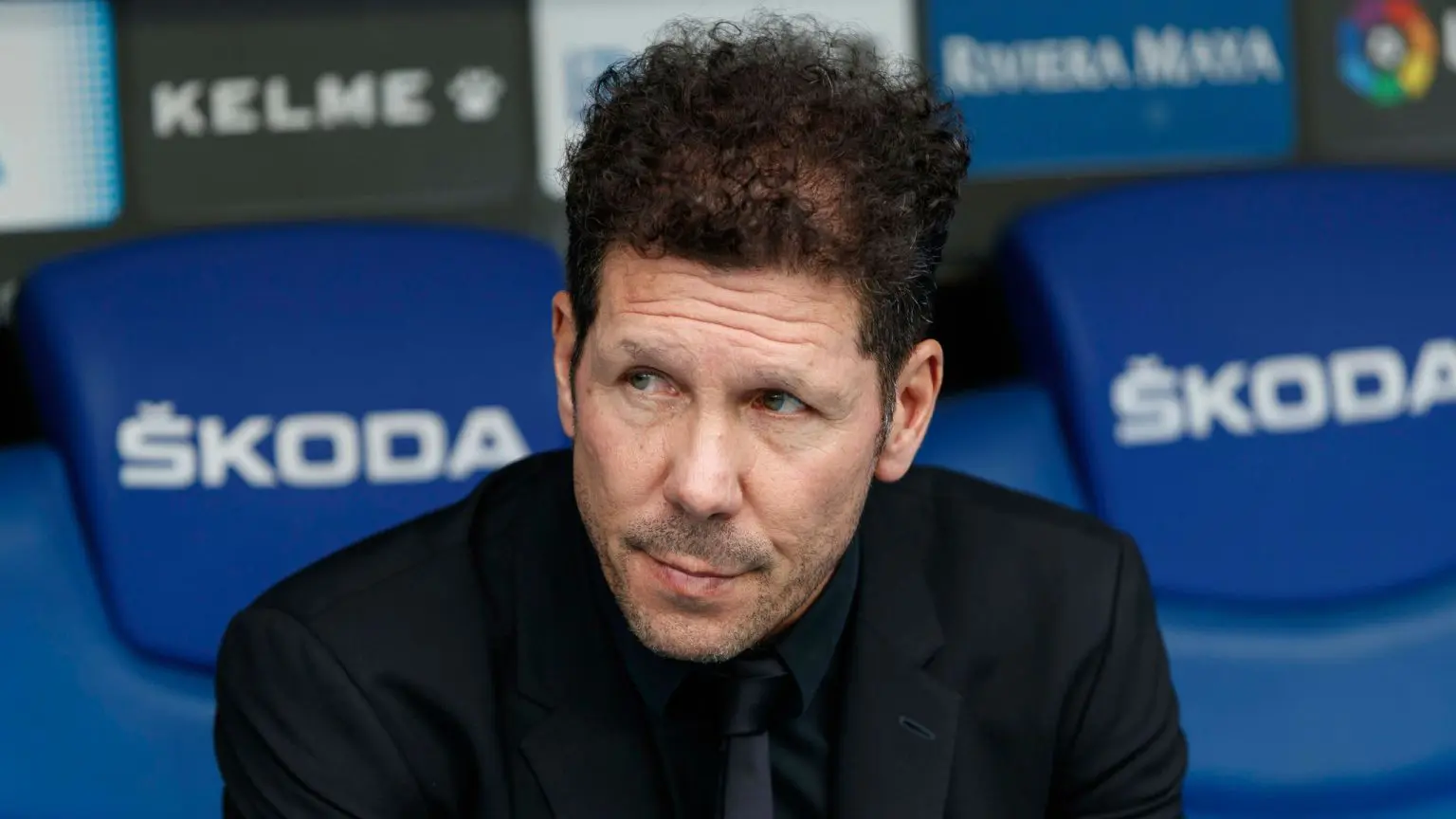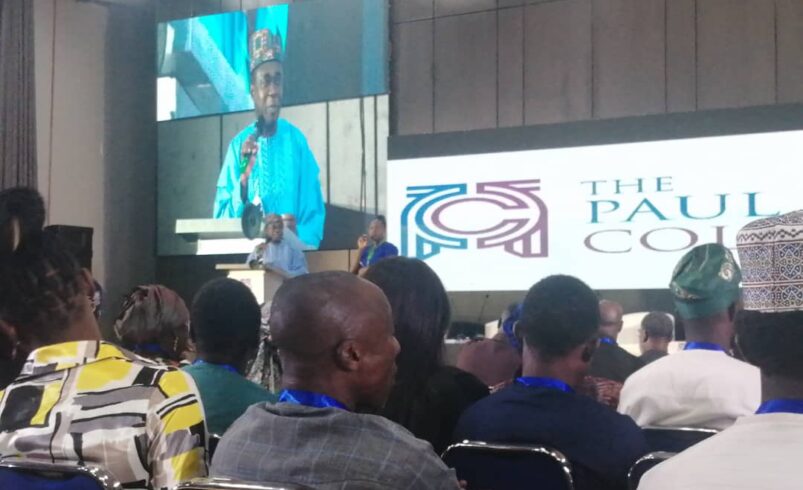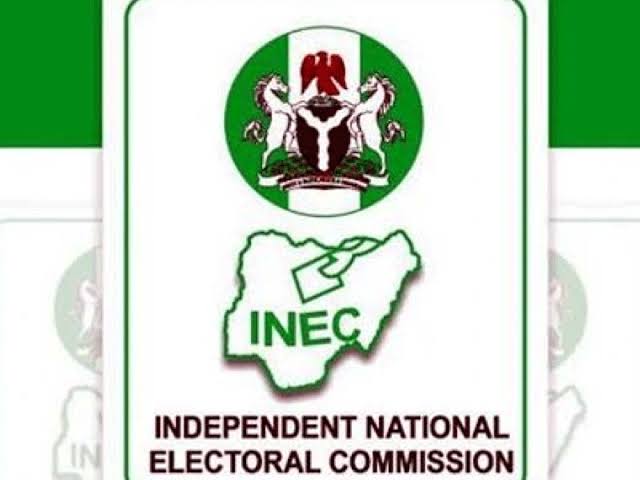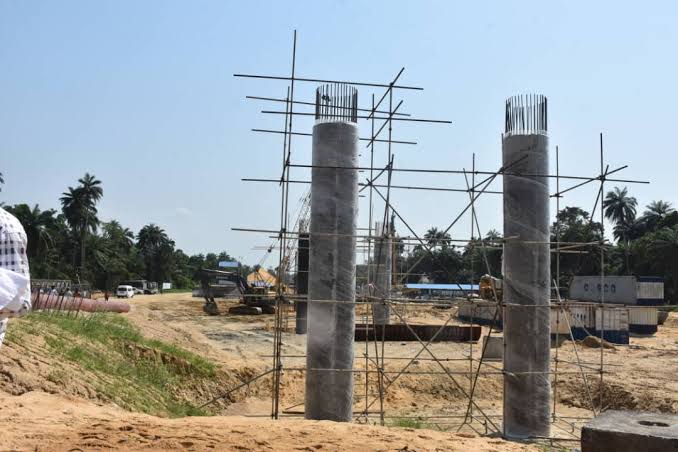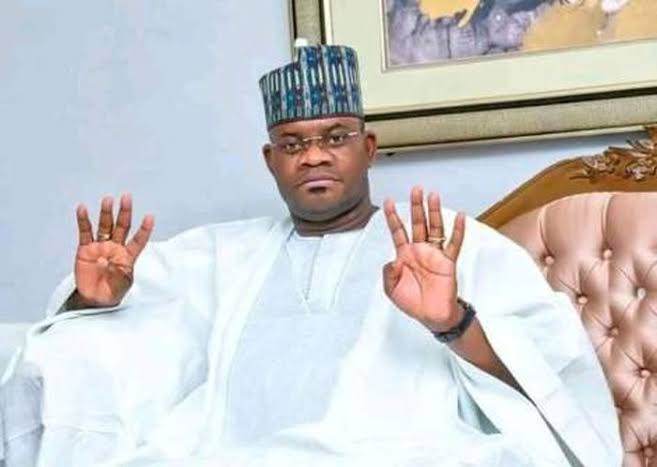By: Goodluck E. Adubazi, Abuja.
Economist and development expert, Dr. Paul Alaje, has raised the alarm over Africa’s deepening poverty crisis, revealing that over 500 million Africans currently live in poverty, while more than 130 million Nigerians survive below the international poverty line of $2.15 per day.
Alaje made the revelation on Saturday at the second edition of the Paul Alaje Colloquium, held at the NAF Conference Centre, Abuja, with the theme:
“Breaking the Cycle: How Nigeria Can Lead Africa From Poverty to Prosperity.”
Speaking before an audience of policymakers, academics, diplomats, and business leaders, Alaje declared that the gathering was not just another conference but “a call to destiny” for Africa.
“Africa’s Poverty Is Not a Lack of Resources — It Is a Failure of Systems”
According to Alaje, Africa’s natural wealth — oil, minerals, land, and a young population — contradicts the stark reality of widespread deprivation.
“Africa is rich with natural resources and brimming with youth, yet our reality is gloomy and backward,” he said.
“Our poverty is not a failure of money. It is a failure of systems, a failure of institutions, and the inability to convert potential into productivity.”
He argued that while Africa possesses abundant resources, it has failed to translate them into prosperity due to weak institutions, poor governance, low productivity, and chronic underemployment.
A Continent Locked in the Cycle of Poverty
Alaje explained the “cycle of poverty” that keeps millions trapped across generations:
Low income, Low savings, Low investment, Low productivity, Low income again.
He added, “This cycle repeats itself in many African families and communities. Poverty becomes inherited, not because people lack potential, but because systems deny them opportunity,” he noted.
A Story of Africa: Rich Nations, Poor People
To illustrate Africa’s historic vulnerability, Alaje told the story of a poor man sitting on vast gold deposits but manipulated into giving away his wealth for temporary comfort.
“This is the story of Africa,” he said.
“We trade generational wealth for momentary gain. They take our gold, our oil, our bitumen, while we settle for crumbs. Our leaders exchange our future for today’s riches.”
Africa Still Importing What It Should Be Producing
The economist lamented that even basic items such as school uniforms, local fabrics, and clothing are mostly imported.
“We have over 20 million schoolchildren, yet most of their uniforms come from China and India. Every time we import what we can produce, we trigger three outcomes:
We force the central bank to devalue our currency.
We enjoy foreign products temporarily.
We tell millions of Africans they do not deserve jobs,” he said.
He warned that Africa’s reliance on imports is crushing local industries, deepening unemployment, and weakening national currencies.
Infrastructure Gaps Fueling Poverty
Alaje also narrated how a diplomat traveling from Kenya to Nigeria had to connect through Ethiopia because of the absence of direct African air connectivity.
“Most African countries are not connected by rail or road. In Europe, trains link farms directly to markets. When will Nigeria connect its farms to marketplaces?” he asked.
Why African Trade Remains Weak
He noted that although the African Continental Free Trade Area (AfCFTA) holds promise, intra-African trade remains less than 20% of the continent’s total trade volume.
“How do we build wealth if we are not trading with each other?” he queried.
Education Without Marketable Skills
Alaje criticised Africa’s outdated educational system that focuses on theory while ignoring vocational and practical skills.
“We are still drawing grasshoppers in biology class. Meanwhile, China equips students with skills that lift millions out of poverty. Vocational schools here are now bus stops,” he lamented.
African Nations Must Learn From Global Models
Citing examples, he described how South Korea, Germany, Singapore, and Rwanda escaped poverty through:
Strong institutions
State-led industrial strategies
Massive investment in skills
Discipline in governance
Technological innovation
Export-driven growth
“Poverty is not destiny,” he insisted. “Nations have risen before, and Africa can rise too.”
Breaking the System That Sustains Poverty.
Alaje argued that poverty in Africa is economic, political, social, and relational, and that breaking it requires comprehensive reform.
“We must build productive capacity, strengthen regional value chains, develop human capital, and fix infrastructure and connectivity. If not, poverty will continue to be our identity,” he warned.
“Africa Must Choose Between Riches and Wealth”
Calling for bold and urgent actions, Alaje said Africa must stop settling for temporary riches and start building sustainable wealth.
“Poverty should not be Africa’s symbol,” he said.
“If Nigeria rises, Africa will rise. If Africa breaks the system that sustains poverty, prosperity will follow.”



